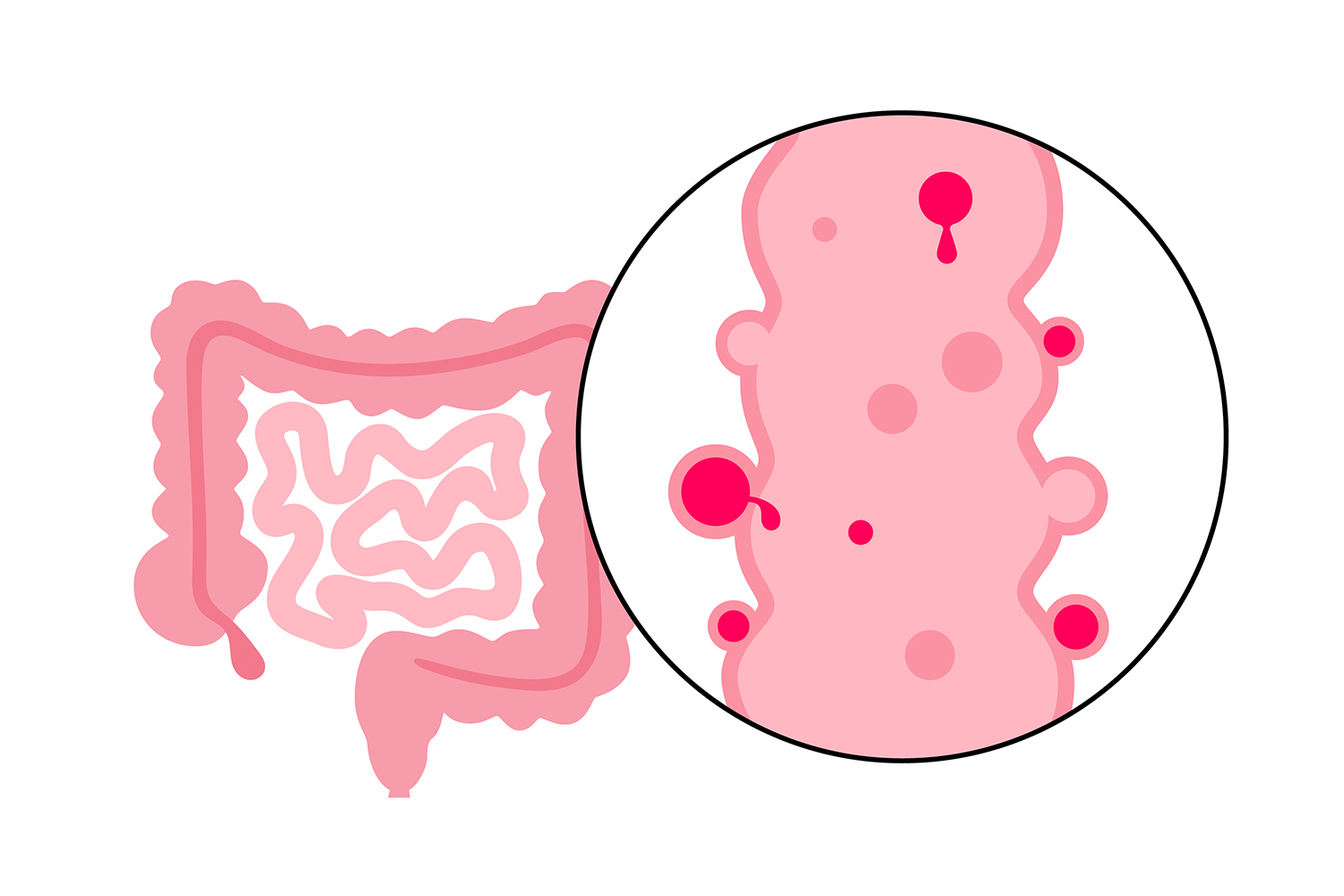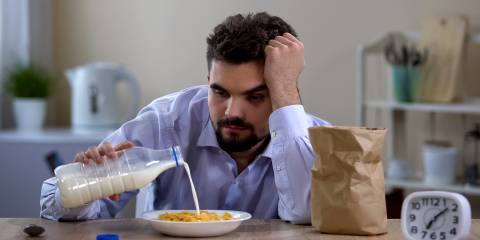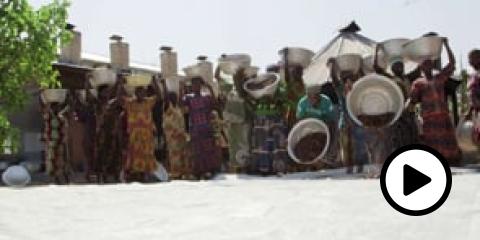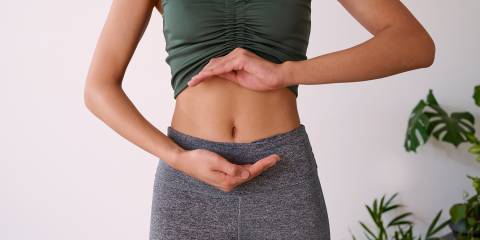What Are They?
-
Diverticulosis
The typical American diet does not supply enough fiber and water, which can lead to constipation and hard stools in people. This forces the colon (large intestine) to strain in order to move the stool along.
The higher pressure in the colon (which is like a large muscular hose) can cause little bulging sacs to form on its outer wall. These sacs are called diverticuli, and when you have many of them you have a condition called diverticulosis.
This is a common finding in adults, and is reasonable to ignore beyond measures to lessen constipation.
Diverticulosis usually does not cause pain, but spastic colon is common in people with diverticulosis and that can cause pain (spastic colon is benign).
Like blowing up a balloon, these sacs have a narrow neck, which can get plugged up. When this happens, the sac can become inflamed, acting like an appendicitis attack. This can require hospitalization, resting the colon by not eating for a few days, antibiotics, and if severe, surgery.
-
Diverticulitis
Diverticulitis, which is where the diverticuli are inflamed and need treatment, should be distinguished from diverticulosis, which simply means having many diverticuli sacs and is fairly normal in adults — it simply indicates that more water and fiber is needed in your diet.
Symptoms
Symptoms that suggest you have diverticulitis include the following. If you have these, you should see a physician.
- Blood mixed in your stools
- Fever above 100.4 °F that does not go away
- Nausea, vomiting, or chills
- Sudden belly or back pain that gets worse or is very severe
Treatment
-
Diverticulosis
Some physicians recommend long-term dietary restrictions, like eliminating nuts and seeds (they're afraid these can plug the neck of the small balloon sacs).
I'm not convinced that these diet recommendations are helpful. I believe that it's more important to increase fiber and water intake.
-
Diverticulitis
This requires immediate medical care. If you have this, you must rest your colon by not eating solid food for a few days, take antibiotics, and if severe, consider surgery (physicians are fairly good at treating diverticulitis).
A heating pad over the tender area for 20 minutes 4 to 6 times a day can also help you heal.
A very helpful herbal to decrease colon inflammation is Boswellia (a.k.a. Frankincense). It usually takes 6 to 12 weeks to heal. Take it daily until the inflammation resolves. It is reasonable to continue taking long term for prevention after an initial diverticulitis attack.
Recommended Supplements
-
Probiotics and Multi-Vitamin Supplements
If the diverticulitis is not severe, taking probiotics and a good multivitamin powder are helpful and will keep you more regular.
However, if the attack is acute you should not take these as it's more important to rest your colon.
-





